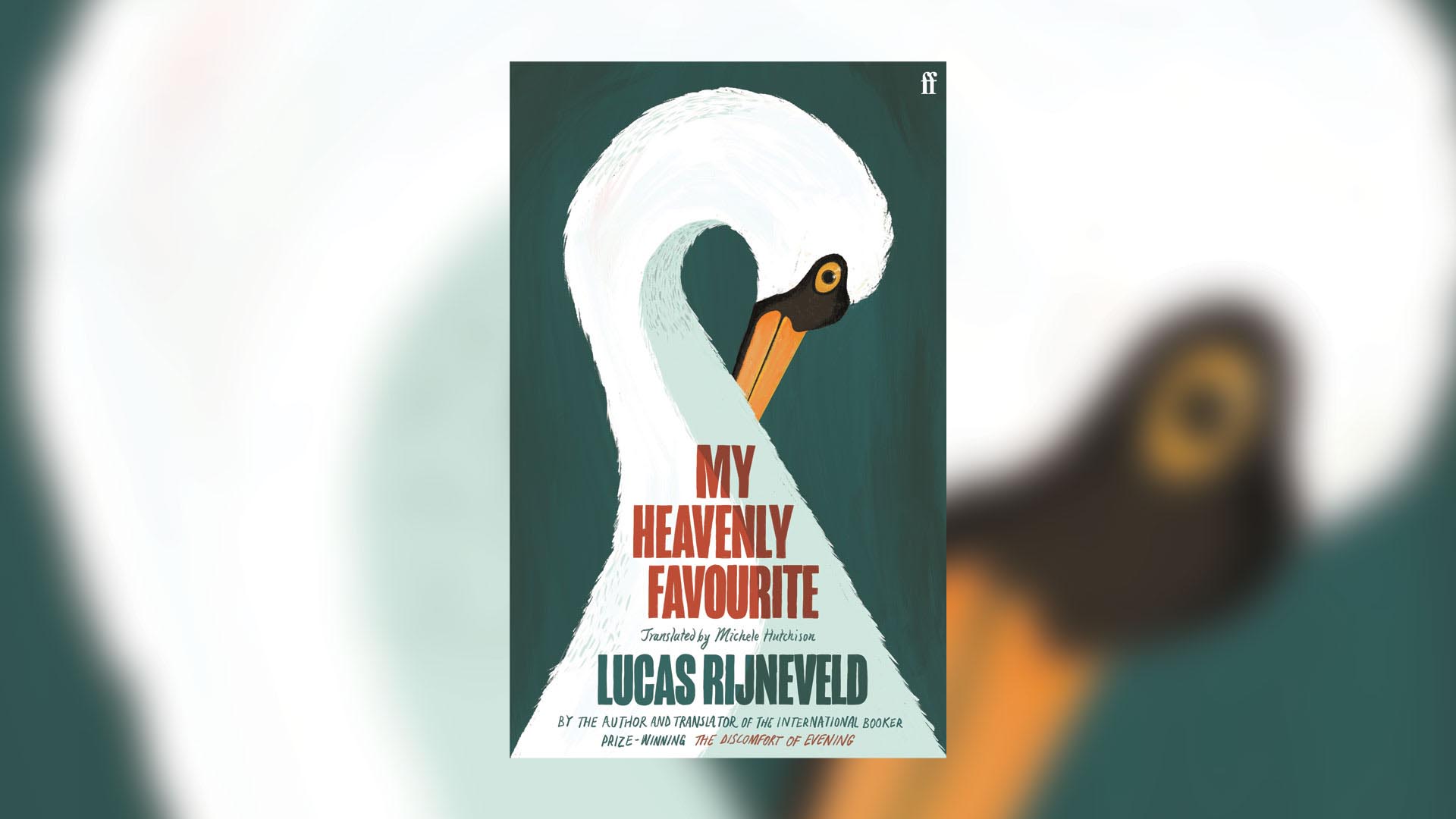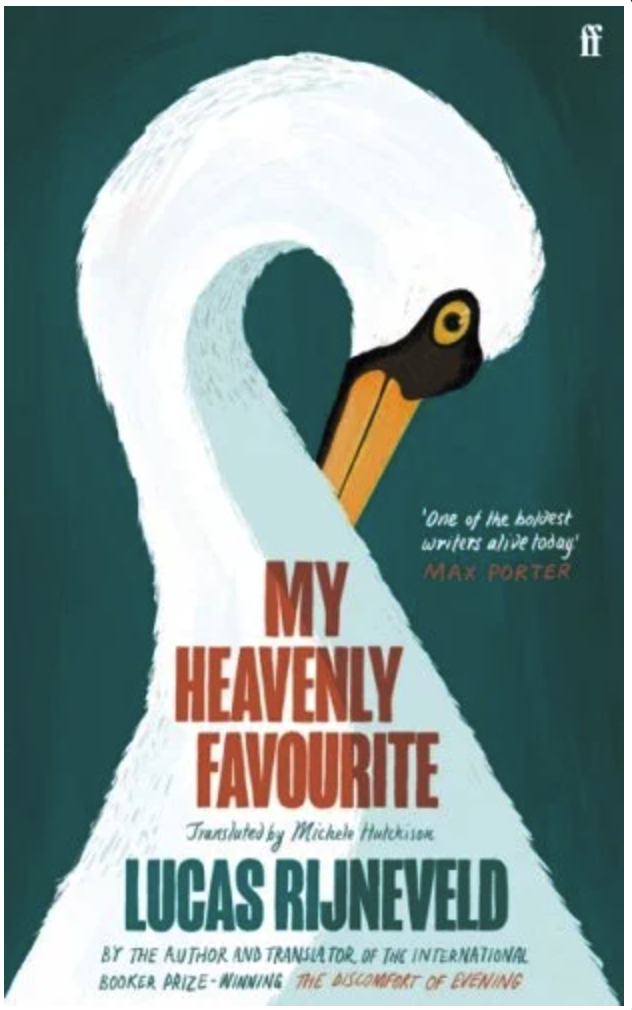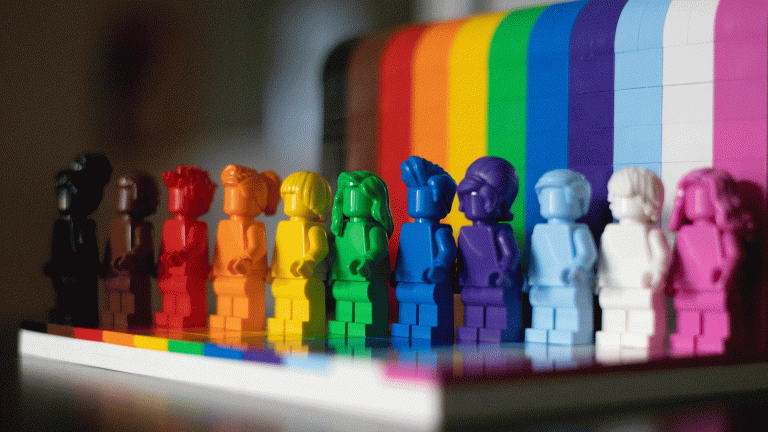Lucas Rijneveld is known for his debut The Discomfort of Evening, which won the International Booker Prize (and my heart), in his discomforting, visceral vision of a child’s life on a farm in the Netherlands.
This second novel, My Heavenly Favourite, offers another nightmarish vision, set in the Dutch bible belt in 2005. Rijneveld’s prose is slickly stumbling, translated with shuddering brilliance by Michele Hutchison. But the narrator here is a paedophile – a middle-aged vet who, in a feverish stream of trailing sentences, confesses his obsession with the unnamed 14-year-old daughter of a local dairy farmer. He goes on to abuse this child repeatedly, just as he does to cattle.
Get the latest news and insight into how the Big Issue magazine is made by signing up for the Inside Big Issue newsletter
Revealing his own horrors as a boy, the narrator rationalises his repetition of this harm with spittle-mouthed justifications. A lineage from Lolita is clearly present. However, this novel is a different beast, perhaps because the teenager’s experience peeks through the abuser’s fantasy. The narrator details the child’s lonely grief and dread over a body not growing as desired – exploring gender in flux.
The child explores affinities with dead singers and unsavoury figures from history; and seeks protection from the only grown-up who shows an interest. Desire is confusing as an adolescent, especially when living in a culture of shame that denies sex, relationships and consent education. The narrator constantly exploits his duty of care. This is the reality of grooming; acts of apparent kindness that sour.
The abuser acknowledges his victim’s corpse-like disassociation with annihilating detail, but he does not stop. As is common, the child shares a community with this abuser, and various adults enable his behaviour. Many readers might not stomach a narrator so convinced that his love and harm are intertwined. In the end, Rijneveld offers us some lyrical justice. I admire him for writing unflinchingly about the consequences of child sexual abuse over generations.










